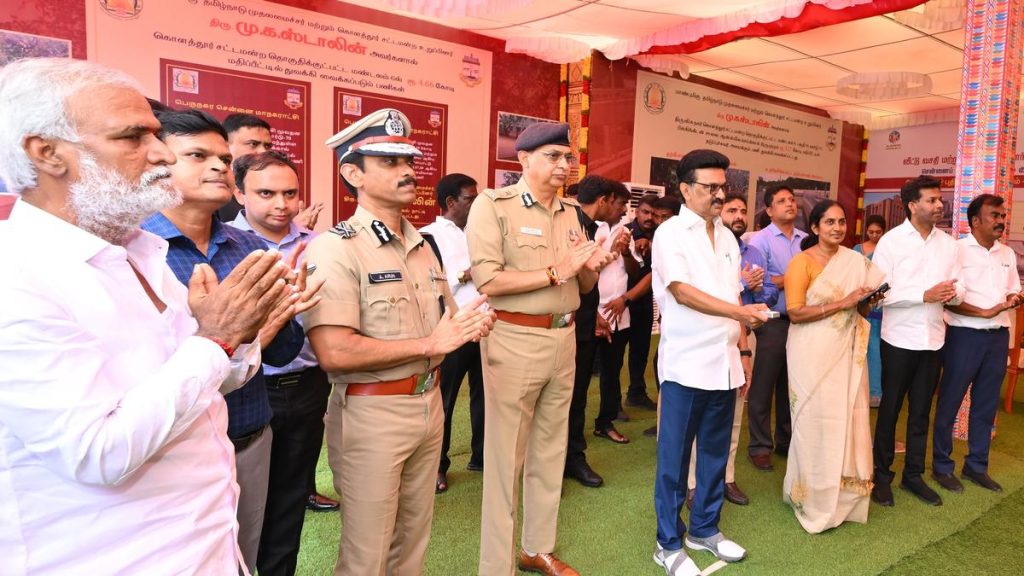Now Reading: Karnataka HC Orders State to Submit Report on Chinnaswamy Stadium Stampede
-
01
Karnataka HC Orders State to Submit Report on Chinnaswamy Stadium Stampede
Karnataka HC Orders State to Submit Report on Chinnaswamy Stadium Stampede

Speedy Summary
- The Karnataka High Court directed the State government to submit the report of the John Michael Cunha Commission of Inquiry on a stampede at M. chinnaswamy Stadium, Bengaluru, on June 4, in sealed cover.
- The petition was filed by DNA Entertainment Networks Pvt. Ltd., challenging the inquiry procedure adopted by the Commission.
- DNA networks organized an event for Royal Challengers Bengaluru (RCB) on june 4 at Vidhana Soudha following a request by the State government.
- The company alleged breaches of natural justice during the inquiry and claimed it was denied cross-examination opportunities under Commissions of Inquiry (COI), 1952 provisions.
- DNA Networks expressed concerns over its reputation due to media publications detailing the Commission’s report, which has reportedly not been shared with them despite requests under RTI Act and repeated appeals.
- The State Advocate-General argued that any grievance against media publications should be pursued in civil court and maintained that the Government is uninvolved in media reporting based on leaked details.
Indian Opinion Analysis
The High Court’s decision to review findings from a commission investigating public safety underscores judicial oversight in resolving procedural disputes surrounding sensitive events such as stampedes. DNA Networks’ claim about procedural violations highlights possible gaps between statutory inquiry requirements and actual practices, raising pertinent questions about accountability mechanisms for commissions operating under COI provisions. At stake are reputational damages for private entities like DNA Networks when inquiries are seen as opaque or lacking due process.
This case also touches upon challenges tied to confidentiality standards around official reports being leaked into public domains before involved parties receive access-a situation that erodes trust both within institutions and among stakeholders reliant on unbiased adjudication processes. Weather intentional leaks or systemic inefficiencies caused these disclosures remains a secondary issue; however, safeguarding impartiality within such inquiries would benefit all parties involved while strengthening institutional credibility overall.
It remains essential for courts navigating such disputes to balance transparency with procedural integrity-ensuring equitable treatment while holding all entities accountable per rule-of-law principles.
























